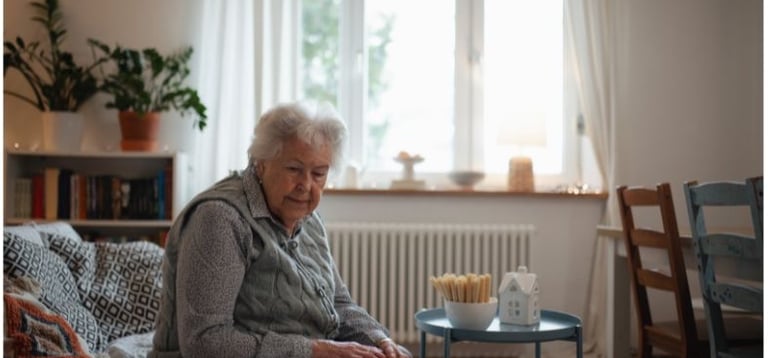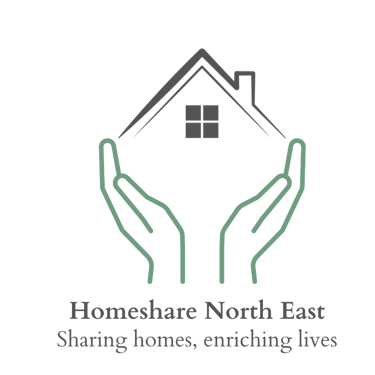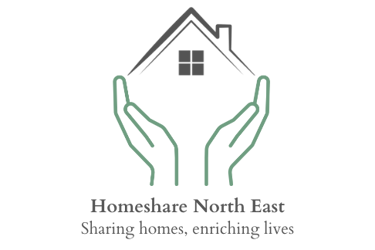Loneliness and health. Why living alone puts older adults at risk and what you can do
We often think of loneliness as an emotional issue, a painful but manageable side effect of living alone. But for many older people, especially those living without regular social contact, loneliness can be a serious health risk. If you have an ageing parent, grandparent, or loved one who spends most of their days alone, it’s worth understanding just how deeply this can affect their wellbeing and how a simple change in their living environment can make a life changing difference.
9/19/20252 min read


The evidence is growing, loneliness isn’t just unpleasant, it’s dangerous.
According to research by Age UK and the NHS:
Lonely people are nearly 1.8 times more likely to visit a GP
Chronic loneliness has been linked to a 64% increased risk of dementia
Prolonged isolation can raise the risk of stroke, depression, and even early death
Many older people report that their TV is their main form of company
It’s a crisis that isn’t always visible, especially when someone is still “managing” at home. They may not need personal care, but the emotional and social support they lack can have real physical consequences.
You might notice small signs:
Loss of appetite or poor nutrition
Neglected housework
Missed appointments or confusion over medications
A lack of motivation or interest in hobbies
Simply sounding "not quite themselves" on the phone
At Homeshare North East, we’ve seen first-hand the difference that shared living can make, not just for older people, but for their families too.
Our service carefully matches an older person (the Householder) with a fully vetted, kind individual (the Homesharer) who needs affordable accommodation. In exchange for a room in the home, the Homesharer offers around 10 hours a week of practical support and companionship.
That might mean:
Sharing dinner and conversation in the evenings
Helping with light cleaning, shopping, or tech
Offering quiet reassurance just by being present in the home
It’s not care. It’s not a tenancy. It’s a mutual arrangement built on trust, safety, and human connection.
For families, the peace of mind Homeshare brings is often just as valuable as the practical help.
You know someone is there in the evenings. You know your loved one is eating better, talking more, laughing again. You know they’re not alone.
For older people, Homeshare often reignites confidence and purpose:
They start cooking again
They feel safer going out
They rediscover old routines and joys
They’re more independent — not less
One of our Householders put it beautifully:
"It’s just nice knowing someone else is here. Even if we don’t talk all day, the house feels warmer somehow."
A Model That Works, Locally and Globally
Homeshare is not a new idea. It’s been used around the world for over 40 years, and it’s growing rapidly across the UK, including right here in the North East.
We support our matches every step of the way with:
Enhanced DBS checks
In-depth interviews and references
Home visits and tailored matching
Ongoing contact and regular support
Whether your loved one is in their 60s, 70s, 80s, or 90s, whether they’re recently bereaved, slowing down, or simply tired of the silence, Homeshare could offer a gentle step toward more connection, without giving up independence.




